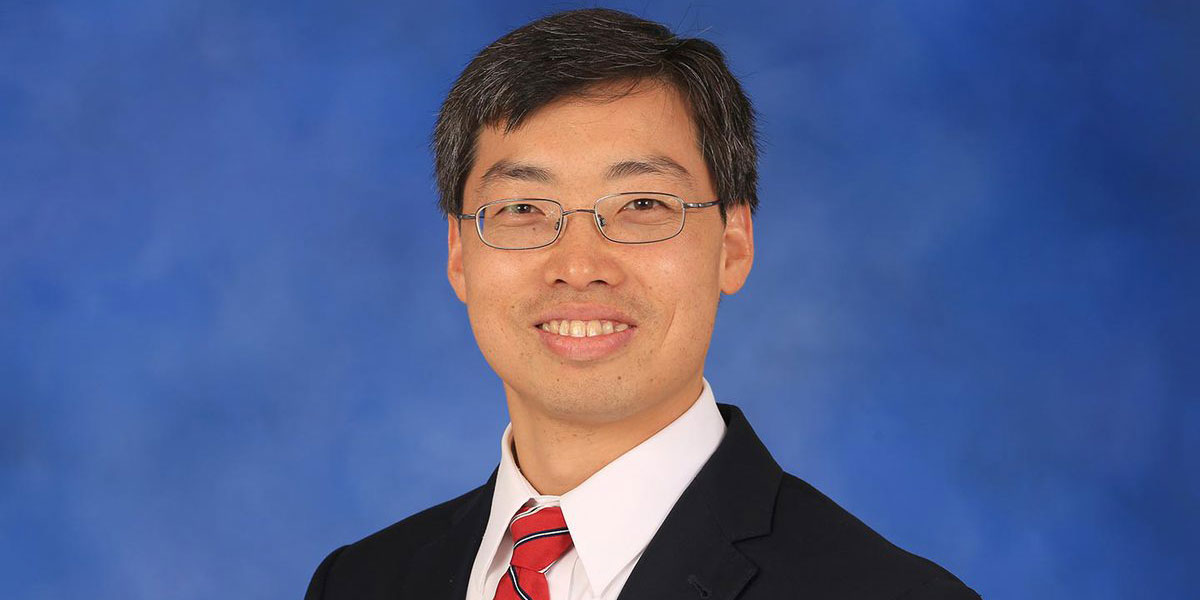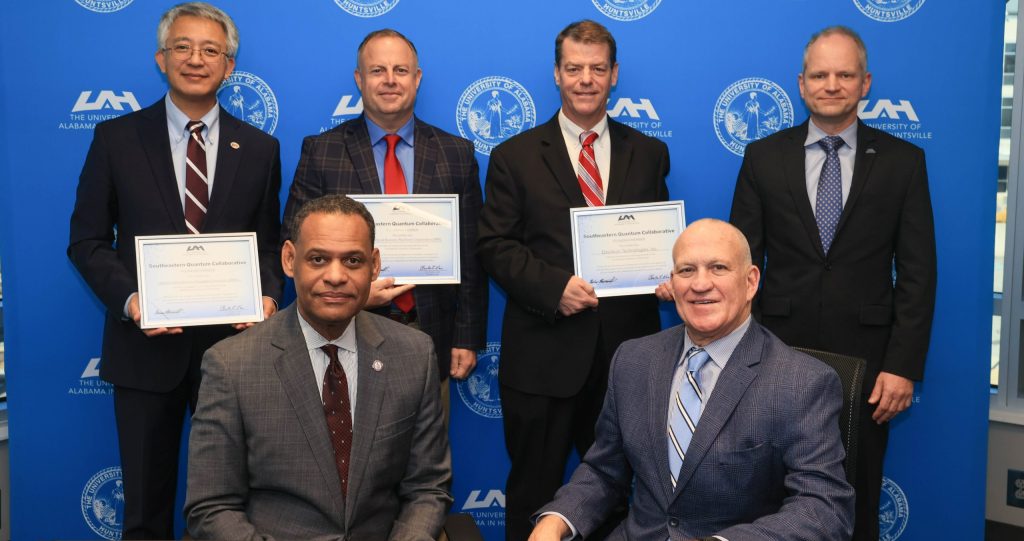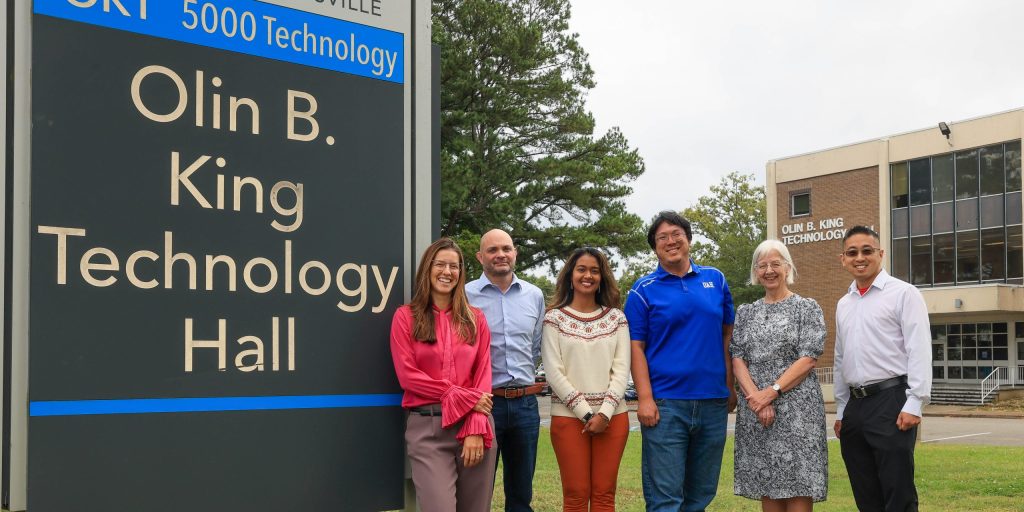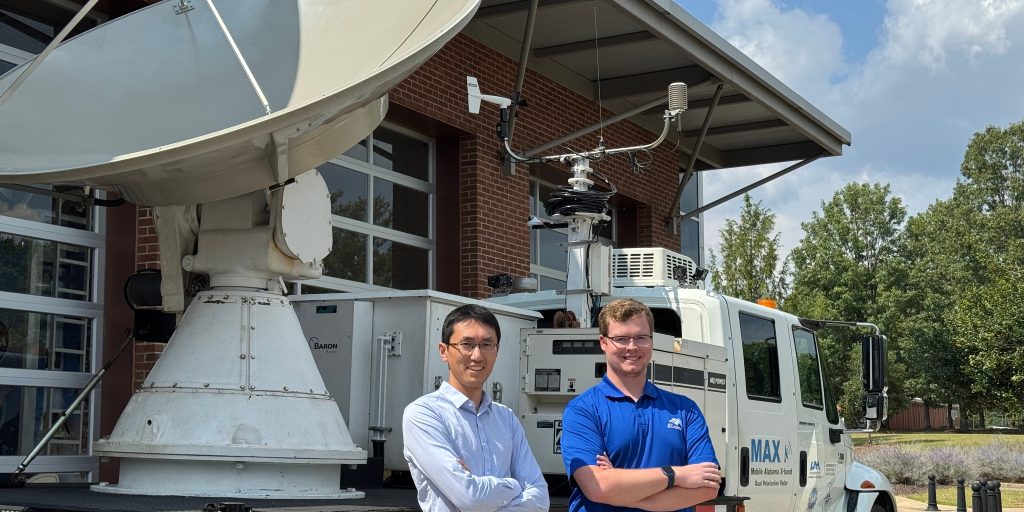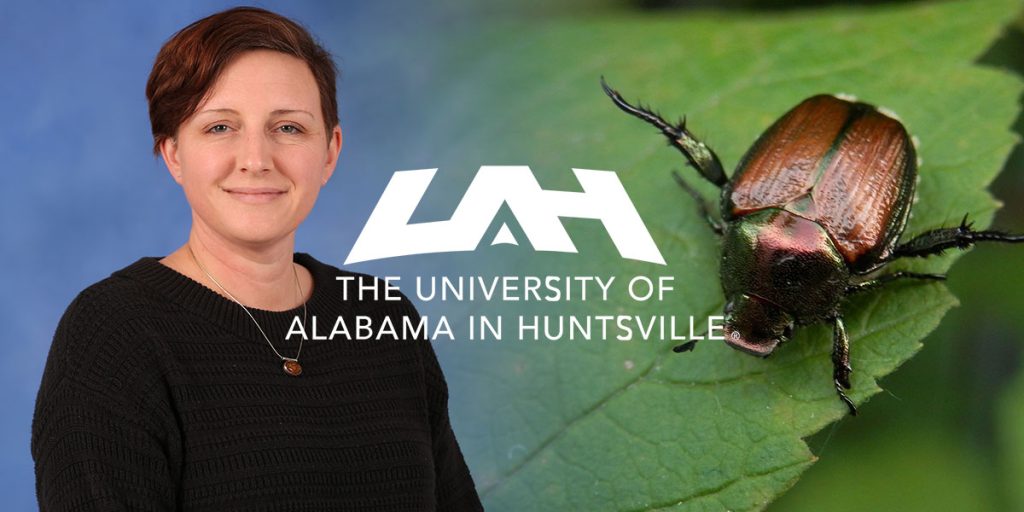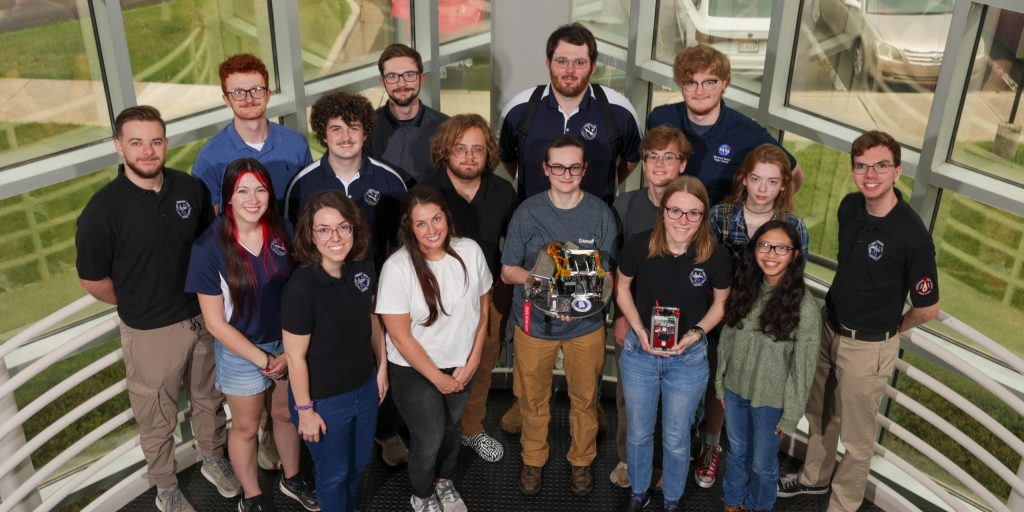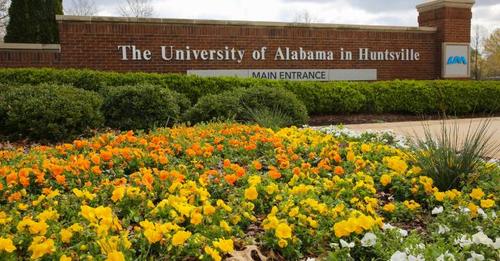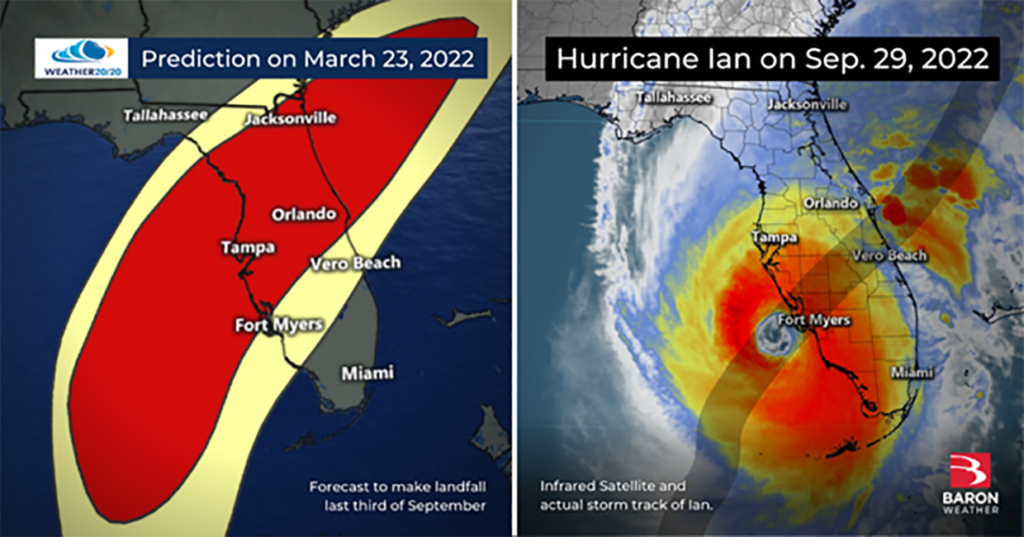HUNTSVILLE – Research focused on why and how lithium-ion batteries may suddenly fail energetically, causing smoke, fire or even an explosion, has earned a researcher at the University of Alabama in Huntsville a National Science Foundation CAREER Award of $598,181.
Dr. Guangsheng Zhang, an assistant professor in the Department of Mechanical and
Aerospace Engineering, is the principal investigator on the five-year award slated to run through April 2028.
CAREER Awards are made to emphasize the importance of early development of
academic careers, and embodies the commitment to encourage faculty and academic
institutions to value and support the integration of research and education.
“I feel very fortunate and excited for this award,” Zhang said. “I was intrigued by this
problem about ten years ago when I was at Penn State just starting research on lithium-
ion batteries. I was shocked by news that lithium-ion batteries in some advanced
electric vehicles and airplanes suddenly caught fire without warning.
“Such tragedies occurred again and again over the years, influencing various industries from toys and smart electronics to utility-scale energy storage. It suggested that a fundamental understanding of the problem is needed.”
His surprise and curiosity about these incidents drove him to focus on the challenge of thermal runaway when he joined UAH as an assistant professor.
“What makes this most concerning is that, in some cases, the batteries suddenly caught fire when the devices or vehicles were not in use,” he said. “Investigations have attributed many of those fires to lithium-ion battery thermal runaway caused by internal short circuit.”
Zhang built on his Ph.D. and postdoctoral research on fuel cells and batteries to develop diagnostic methods with his students to trigger and characterize ISC of lithium-ion batteries.
“Unfortunately, there are still many unknowns,” he said. “What is the threshold of ISC
causing thermal runaway? How exactly does ISC form and slowly evolve to the threshold of thermal runaway, in some cases after years of normal operation? How can ISC be prevented from reaching the threshold of thermal runaway?
“These questions become increasingly intriguing and urgent as the deployment of Li-ion batteries rapidly increases in various applications.”
Answering these questions is the goal of the current project he said.
“First, we plan to identify and determine the threshold of thermal runaway caused by ISC through in situ measurement of critical parameters, such as ISC current, temperature and heat generation,” Zhang said. “Second, we aim to understand the formation and evolution of ISC through imaging and electrochemical characterization. Third, we plan to understand the effects of some novel strategies on ISC behaviors.”
Zhang is quick to recognize the assistance he has received to bring about this opportunity.
“My research students – Shan Huang, Siyi Liu, Mary K. Long, Gabriel M. Cavalheiro, Takuto Iriyama, Pragati Poudel and Muriel Carter, to name a few – helped refine my understanding of the problem,” he said. “My colleagues at the MAE Department have been very supportive, especially Dr. George Nelson, Dr. Keith Hollingsworth and Dr. Phillip Ligrani. Dr. Shankar Mahalingam, Dr. Jennifer English, Dr. Michael Anderson and other colleagues at the College of Engineering provided support and advice.”
Zhang said the insight gained from this research will advance the understanding
of lithium-ion battery ISC and thermal runaway, inspiring engineers in battery and
battery-powered industries to come up with novel solutions.
In addition, the project will facilitate educational and outreach activities, “such as the organization of a series of seminars on energy storage, creating an Energy Storage club, developing a course on batteries, mentoring undergraduate student research and establishing hands-on workshops for high school students,” he said.
“Also showcasing energy storage research at local STEM events,” Zhang said. “These activities aim to attract and train the next generation workforce to prepare them for the challenges and opportunities in emerging battery-enabled industries, such as the electric vehicle industry and renewable energy storage industry.”


